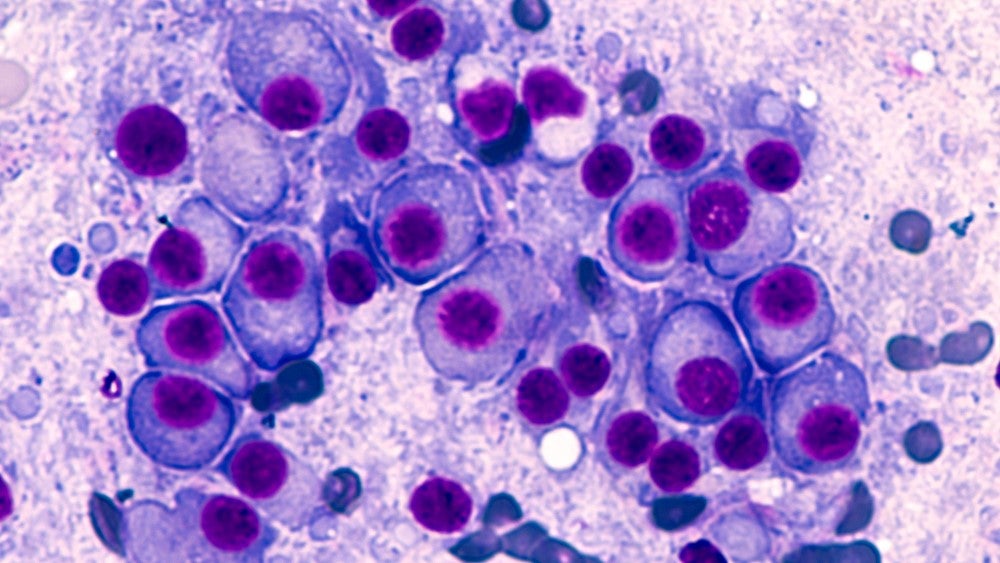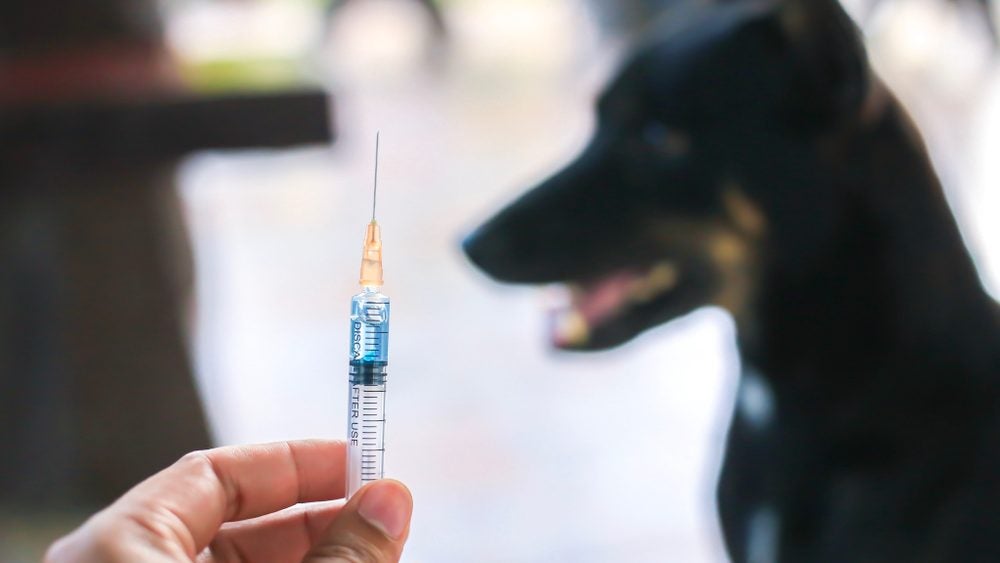Starton Therapeutics has activated another site for its Phase Ib STAR-LLD trial of continuous subcutaneous low-dose lenalidomide in conjunction with dexamethasone and Takeda’s Velcade (bortezomib).
The US-based company said the trial is progressing ahead of schedule and revised its timeline to expect complete enrolment by Q1 2024 instead of the previously anticipated Q3. The Regional Medical Oncology Center (RMOC) in Wilson, North Carolina, will serve as a second US site. As per the company, three of the expected six patients have been enrolled in the trial.
The open-label Phase I/II STAR-LLD trial (NCT06087653) will evaluate the safety, efficacy and pharmacodynamics of subcutaneous low-dose lenalidomide in combination with dexamethasone and Velcade in patients with multiple myeloma. Starton also released efficacy data stating that a partial response or better was seen in all three patients after their second cycle of treatment.
The study's primary endpoint is to assess the safety of the therapy over 12 months. Over the treatment cycles administered so far in the trial, only Grade I hematologic toxicities were seen. One incidence of subcutaneous induration at the injection site was seen over six treatment cycles, and the induration resolved within two weeks. The company added that none of the commonly observed side effects of lenalidomide such as nausea, vomiting, and deep vein thrombosis, were seen with the subcutaneous formulation.
Lenalidomide is currently sold as an intravenous formulation by Bristol Myers Squibb under the brand name Revlimid. It has been approved by the US Food and Drug Administration (FDA) for multiple indications, including as a first-line therapy in combination with dexamethasone in patients with multiple myeloma. Revlimid is a high-grossing drug for the company and pulled in $6bn in global sales in 2023, as per Bristol Myers Squibb’s financials.
Subcutaneous administration of drugs offers multiple advantages such as lower costs, and a decreased time required for treatment. One Spanish study, which compared the cost of different versions of Biogen’s multiple sclerosis drug Tysabri (natalizumab), illustrates this point.
The study found that using the subcutaneous version cost 62.3% less in the first year of use, compared to the intravenous formulation. It also found that the reference hospital saved 116 hours of administrative and patient time and €3682.42 ($3,978.4) in hospital costs, excluding the cost of the drug, per patient over two years.















